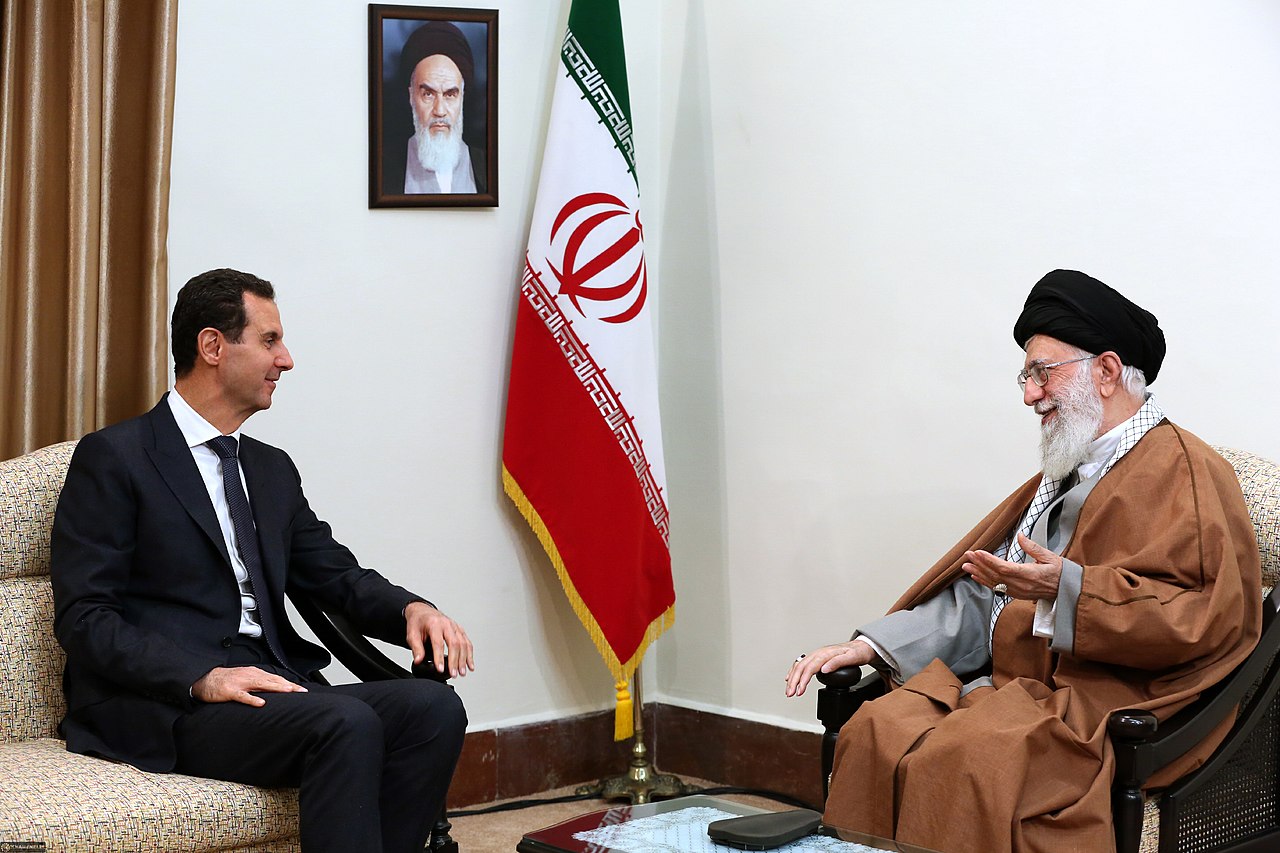How the Colonial Legacy in Modern Syria Still Shapes Our Future

If you’ve ever tried to explain Syria’s complex present without touching on its colonial past, you’ll find it doesn’t quite add up. I’ve had countless conversations with people, readers, journalists, and fellow writers who want to understand how we got here. They’re looking for answers about war, about displacement, about why things keep falling apart.
And every time, I say this: to make sense of Syria today, you have to go back. Not just to the beginning of the Civil War. Not even to Assad père or Ba’athist nationalism. You have to trace the lines further, back to the French Mandate, back to borders drawn in Paris and London, and deals made with pens instead of people.
The colonial legacy in modern Syria is not a historical footnote. It’s a presence that lingers, in our institutions, in our politics, even in our sense of self.
The Ghosts of the Mandate Still Walk Our Streets
From 1920 to 1946, France governed Syria under the League of Nations mandate system. But it wasn’t just administration, it was reconfiguration. The French divided Syria into sectarian states, favoring some communities over others, and enforcing an “us vs. them” mentality that sowed long-lasting distrust.
The remnants of that logic can still be felt today. The sectarian divisions that fuel modern conflict didn’t start with Syrians. They were designed, imported, and then left behind like a ticking time bomb.
Growing up, I would often hear older family members talk about those years, not with nostalgia, but with a kind of weary understanding. Colonial powers didn’t just govern; they molded minds, rewrote maps, and fractured identities. And when they left, they didn’t take their influence with them.
Bureaucracy, Borders, and the Inherited State
One of the quieter legacies of colonial rule is how it shaped the Syrian state itself. The centralized bureaucracy, the military hierarchy, and the legal system were built in the French image. But they weren’t designed to serve the Syrian people. They were designed to control them.
After independence, those same structures were kept, but now under Syrian names. That’s the tragedy. We inherited the skeleton of a state that wasn’t ours to begin with. And so, when people ask why reforms feel impossible or why power remains so deeply entrenched, I often think of that legacy.
Even our borders, our literal lines on the map, are colonial creations. The infamous Sykes-Picot Agreement split Greater Syria between France and Britain, ignoring cultural, religious, and ethnic realities. We’re still living with those consequences.
Language, Identity, and the Lingering Influence of Empire
I’ve often found it strange that I write in both French and English. On paper, it seems like a privilege. But when I reflect more deeply, it also reveals the way colonial languages have permeated the Arab world. For many of us, to be educated is to be disconnected from our mother tongues.
This linguistic divide is another thread in the colonial legacy in modern Syria. It shapes how we view ourselves, how we write our stories, and even how we’re perceived abroad. Arabic becomes a language of passion and prayer. French and English, of diplomacy and literature.
This split identity is something I explore in my book Le Temps d’une Saison, which spans both Paris and the Levant. The characters, like many Syrians, live between worlds, rooted yet uprooted. Fluent, yet always translating.
Resistance, Repression, and the Post-Colonial Cycle
One could argue that post-colonial Syria was born in resistance. But resistance soon gave way to repression. Authoritarian regimes, justified by the need to maintain unity or sovereignty, took hold across the region, including Syria. It’s a painful irony that many of these governments mimicked the control and surveillance tactics of their former colonizers.
And so, we return to the question: How free are we, really, when we’re still living inside structures built by foreign hands?
Why This History Still Matters
For years, I resisted writing about politics. I wanted my fiction to stand on its own. But eventually, I realized there’s no separating the personal from the political, especially in Syria.
In Palmyre pour toujours, I wrote about the erasure of culture, about what’s lost when we don’t protect our history. But maybe the deeper fear is this: when we forget our colonial past, we risk repeating it.
The colonial legacy in modern Syria isn’t just about the past. It’s a lens for understanding the present. It’s why some wounds haven’t healed. Why some identities still feel fragile. Why progress often feels like moving through molasses.
Conclusion
We need to talk about this openly. Not to assign blame. But to reclaim the right to define ourselves on our own terms.
And perhaps that’s what literature can do. It gives us a voice when so many have tried to silence it.
